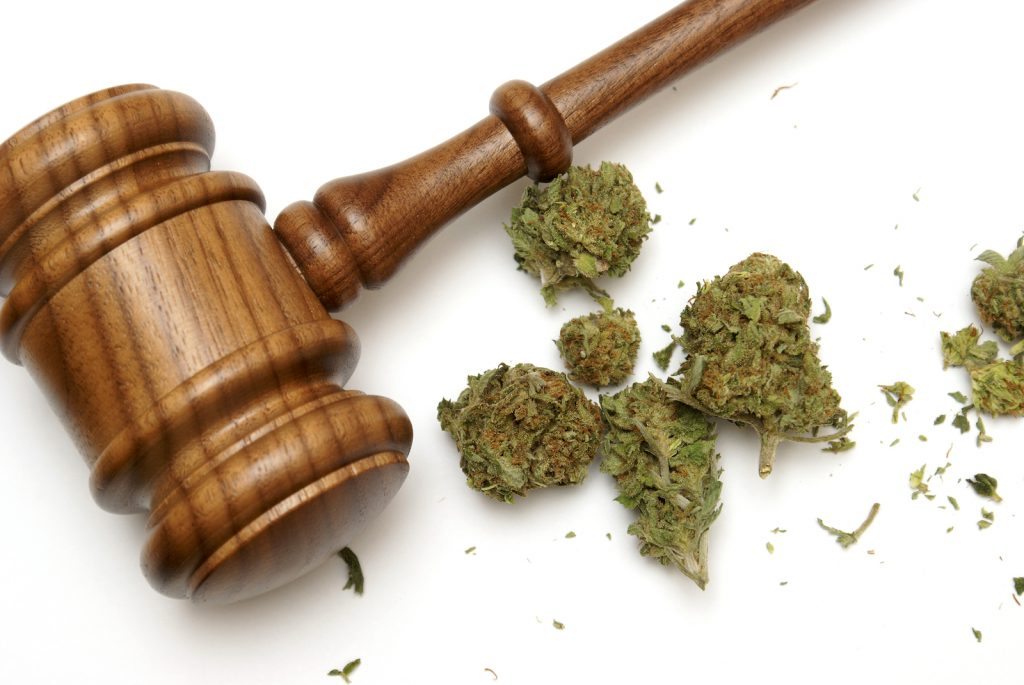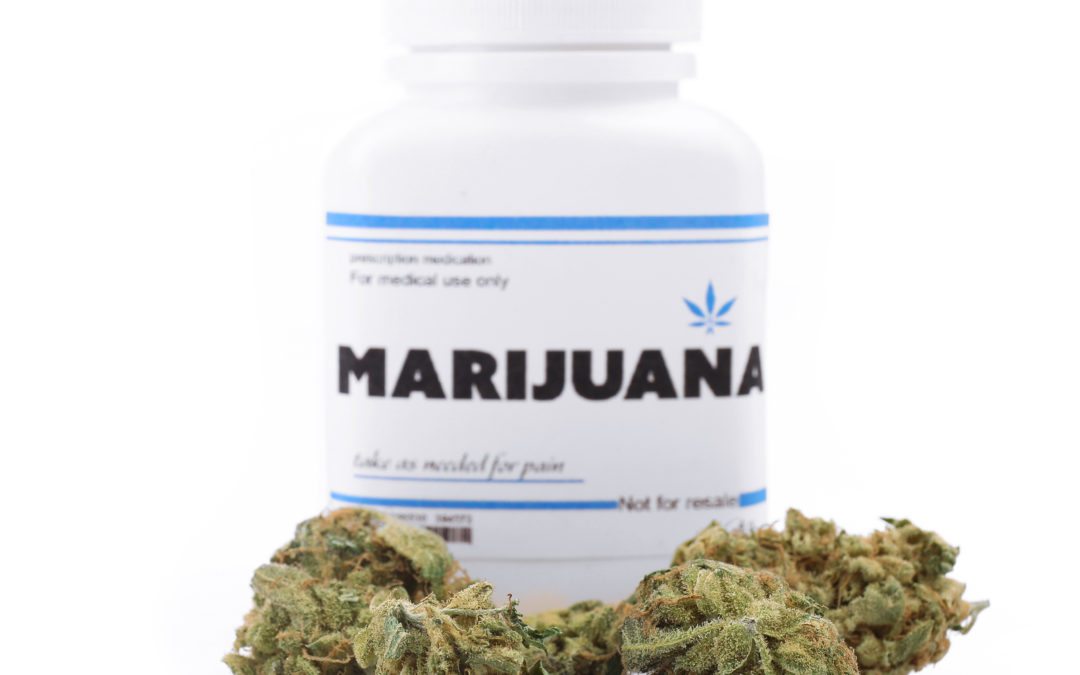Thanks to a combination of scientific research and social activism, Cannabis has made huge strides toward the medical mainstream during the past decade. However, while the U.S. is shifting toward wider acceptance of medical marijuana, there are still major legislative hurdles to overcome. Even in states that have a medical marijuana program, such as Massachusetts, private organizations and businesses often impose their own restrictions upon members and/or employees. So when it comes to the internal policies of sports and athletic organizations, what takes precedence? State laws, or federal legislation?
Recreational vs. Medical Use and Legalization vs. Decriminalization of Cannabis
Medical use of marijuana is a self-explanatory term. Recreational use refers to using marijuana for fun or entertainment, without an underlying medical need. It’s important to understand that most states’ laws address recreational use and medical use of marijuana separately.
Many — including the states of Arizona, California, Illinois, New Jersey, Michigan, and our very own Massachusetts — permit the latter but not the former. A small number of states permit both, while some states, like Missouri, permit neither. In states allowing recreational use, such use may be legalized, as is the case in Colorado, or, more typically, decriminalized, which means punishment is limited to a small fine without incarceration.
As of June 2016, a total of 26 states (plus Washington D.C.) have established medical marijuana programs, though some of these states continue to limit or ban recreational use. To see a full state-by-state breakdown, see my article on taking your medical marijuana out of state. Keep in mind some of the information may have changed since the article was originally published.

Using Marijuana as an Athlete: MA Amateur Sports Organizations’ Drug Policies
The Massachusetts Amateur Sports Foundation (MASF) is a non-profit organization that was first created in 1982. Today, MASF’s main responsibility is organizing the Bay State Summer and Winter Games, a massive annual event that draws over 7,000 athletes from more than 26 sports to compete in the Berkshires.
Unfortunately, MASF doesn’t exactly provide a detailed drug policy, stating only that it “reserves the right to eject anyone for not conducting oneself in a sportsmanlike manner,” which so happens to include “improper use of drugs.” MASF’s 2015 finalist packet doesn’t clarify very well, adding only that “use of alcohol, tobacco and illegal drugs” falls under the MASF’s list of “discouraged behavior.”
Presumably, the distinctions “illegal drugs” and “improper use” would exclude the legal and proper use of Cannabis for medical purposes; but without more detailed information available, you would have to contact MASF directly, which you can do by calling (781) 932-6555 or filling out the contact form on MASF’s website.
The Amateur Athletic Union (AAU) — a nationwide amateur sports organization with close to 700,000 participants and about 100,000 volunteers — does a better job of explaining its drug policy clearly. Here are the unabridged drug regulations from Article II of the AAU’s 2015-2016 season taekwondo handbook, italics my emphasis:
“The administration or use of any drugs (except antibiotics or other medically prescribed therapeutics), alcohol, stimulants, or injections in any part of the body, either before or during a match, to or by any contestant is absolutely prohibited. Any contestant violating these rules will be disqualified.”
In 2012, the AAU established new rules requiring applicant volunteers, such as coaches and event staff, to undergo background checks to screen for sex crime and drug crime convictions. However, the key term here is criminal conviction. Volunteers having a history of legal, medical Cannabis use may be permissible under AAU guidelines. Again, you would have to directly contact the NEAAU, the AAU’s New England division, for confirmation. To contact the NEAAU, call (800) 228-4872 or (401) 349-4304.
If you’re concerned about employment or volunteer opportunities, you might also want to read about your rights as a medical marijuana patient, or when you can be fired for medical marijuana. Just remember, I’m a doctor, not an attorney. If you need legal advice, I urge you to contact a lawyer immediately.

Standards for THC Urine Testing in the NFL, MLB, NBA, and Olympic Games
Pro sports leagues, like their amateur counterparts, continue to take a hard stance on medical marijuana, which is still illegal at the federal level as a Schedule I controlled substance — the same classification heroin receives. However, these policies may be beginning to loosen — albeit very incrementally, and not in all leagues.
For example, the NFL in 2014 announced minor relaxations to its drug policy, bringing its acceptable threshold of THC — the Cannabinoid tetrahydrocannabinol, marijuana’s most famous (but not only) psychoactive ingredient — per milliliter of urine from 15 to 35 nanograms. Yet, while that sounds like a major increase — more than double the original level — NORML executive director Allen St. Pierre says that “from a mathematical, forensic point of view, the difference is incredibly slight. Only lawyers and arbitrators and mediators within the NFL system are ever going to appreciate it.”
MLB is slightly more lenient at 50 nanograms per milliliter (ng/mL) of urine, while the NBA bans marijuana use outright. (For more information on how drug testing works, see my article on how long THC stays in your body.) Interestingly (and somewhat unexpectedly), the World Anti-Doping Agency — the same organization that performs drug testing for Olympic athletes — uses a considerably higher threshold of 150 ng/mL.
As these policies illustrate, both pro and amateur athletes can, unfortunately, face major hurdles when it comes to using recreational or even medical Cannabis. But if all of us do our part to help reform outdated marijuana legislation — whether that means writing to your senator, volunteering with NORML or similar organizations, or making your voice heard at town hall meetings — we can accelerate the speed at which drug policies change.
And it’s important that we do. The fact is, medical marijuana has helped countless patients manage their symptoms and enjoy a greater degree of physical comfort in their everyday lives. If you’re living with chronic pain, chronic insomnia, cancer, arthritis, anxiety, ALS, depression, MS, glaucoma, HIV/AIDS, or are undergoing chemotherapy, medical Cannabis could be right for you. Call Inhale MD at (617) 477-8886 to start discussing your medical needs in a confidential consultation today.

